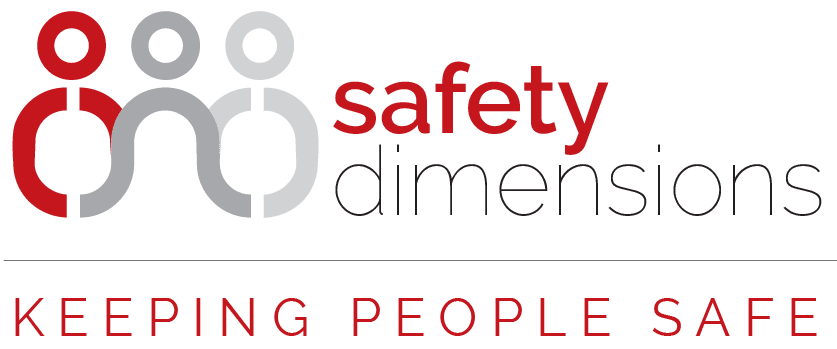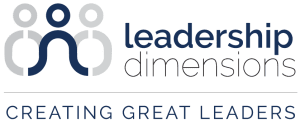Health & Wellbeing Case Studies
MORE CASE STUDIES: SAFETY LEADERSHIP | RISK MANAGEMENT | LEADERSHIP | HEALTH & WELLBEING
 Health & Wellbeing
Health & Wellbeing
The World Health Organization has predicted that by 2020 stress-related health conditions will be responsible for five of the top ten of the world’s medical problems and that it is likely to be the second most debilitating work place injury. With the significant rise in the costs of stress and mental health related illnesses in the workforce and noticeable within the government, organisations and agencies have recognised the need to focus attention on health and wellbeing related skills development as part of leadership, interpersonal skills and relationship development programs. Both the Australian Government’s State of the Service Report and Comcare’s approach to managing psychological injuries in the workplace, show that factors leading to job strain are related to increasing demands and complexities, control and self-management and support (or lack of it) from direct managers and colleagues.
Case Study : A Top 20 Global Bank
Areas Of Focus:
- Injury Prevention
- Resilience – including building strategies for personal resilience and team resilience
- Managing staff with mental health issues
- Stress Management
- Mental Health Awareness
- Workplace harassment and bullying
- Work/life balance
This program directive came directly from the top of the organisation when, during a board meeting, a number of the stakeholder members from high risk construction and manufacturing organisations were shocked by the high LTIFR (Lost Time Industry Frequency Rate) – the bank’s LTIFR was higher than Bluescope Steel, Amcor and for Woodside Petroleum combined. On closer exploration, the majority of injuries were a result of repetitive strain (from coin handling), poor manual handling (lifting and bending) and high levels of absenteeism and stress. The bank identified that the financial costs of premiums and claims was exposing the brand and reputation of the bank, deterring investors and placing a financial burden to the business both on a short and long-term basis. While the bank was highly focused on leadership development, attraction and retention of great staff and ensuring a customer-centric service, they were hurting their people both physically and psychologically. While there was a financial imperative for this to stop, the focus on the program was more personal – looking at the impact of injury and stress on a person, their family and colleagues. The bank chose to take an integrated approach, partnering with Safety Dimensions to manage the situation.
One of the key modules in this specifically designed and tailored program was to assist participants on how identify early warning signs for stress and psychological or psychosocial injury and how to manage or seek assistance to ensure the wellbeing of the person or persons involved. Using internal tools, learners elicited the signs around common stressors and how to proactively and practically address and manage them. The workshop encouraged a readiness – feeling more confident and prepared to have a dialogue about the potential causes of this stress before it manifested in unnecessary absenteeism. We delivered an intensive delivery schedule of 60 programs in 3 months and then trained the banks own internal trainers to deliver a further 140 programs internally to spread the message across the entire business. This program was then integrated as part of induction and ensuring support functions for managers through:
- The use of an easy to use and interrogate software platform.
- The workplace specialist medical group InjuryNet.
- Building a strong understanding of the leadership behaviours that demonstrate a duty of care towards those they lead.
Safety Dimensions is one of the only organisation
How did the outcomes support individual and organisational capability development/change?
The quality of discussion raised in workshops evidenced that individuals had been particularly concerned about the privacy of employees and had not felt that they had a right to enquire about the results of doctor’s appointments or to request reports on recommended treatments. With increased understanding of the rights and legal obligations of individuals and managers, learners felt more confident in working with team members to determine a transparent and genuine approach to stress and fatigue management.
Impact:
The banks LTIFR fell 44% in 5 years indicating a significant shift in the attitude to and management of both physiological and psychosocial workplace injuries.
Key Project: Large Victorian Utility Company
Areas Of Focus:
- Workplace harassment and bullying
- Work/life balance
- Resilience – including building strategies for personal resilience and team resilience
- Managing staff with mental health issues
- Stress Management
- Mental Health Awareness
Safety Dimensions has been working with a large Victorian utility company to evolve their current frontline management and employee 1 day safety program called ‘MATEs’ (Looking out for your MATEs in the Workplace) to include a strong skills piece on having conversations about workplace stress and fatigue. This peer-to-peer approach encourages transparent discussions around what prevents individuals feeling like they can have conversations that feel too personal’, unwork-related’ or can lead to emotional reactions. The program also included models that provided suggestions and recommendations for how to manage wellbeing both within and external to the workplace. In a recognition that the pressure of creating greater efficiencies to respond to the changing market place should not simply expand the number of work hours, this utility company is working with Safety Dimensions to build personal assertiveness and self-management by speaking out’ awareness, team work, agility and resilience.
Leadership Dimensions, our sister company has also developed a ‘Dealing With Stress’ suite of programs.
Click here to find out more about Leadership Dimensions and our programs >>

